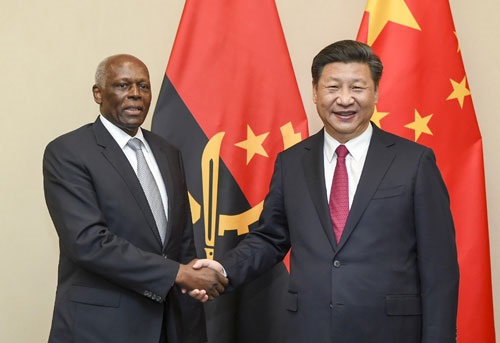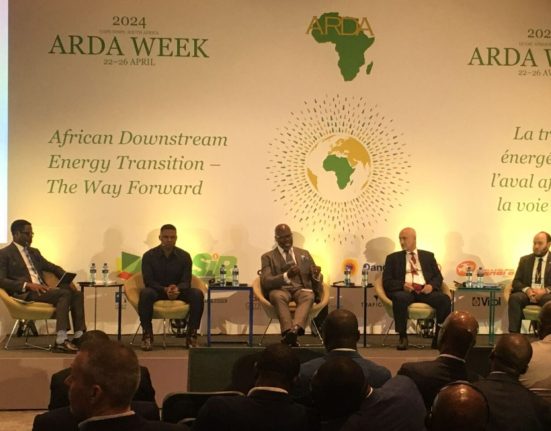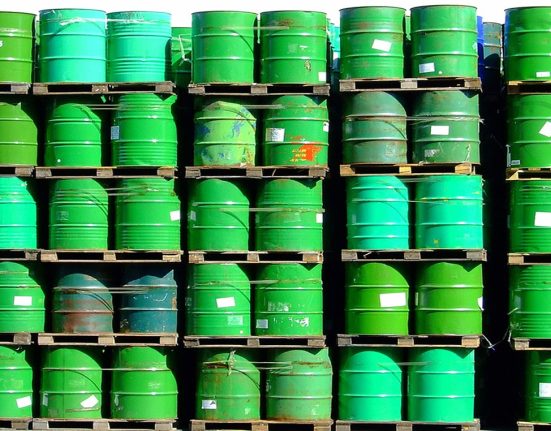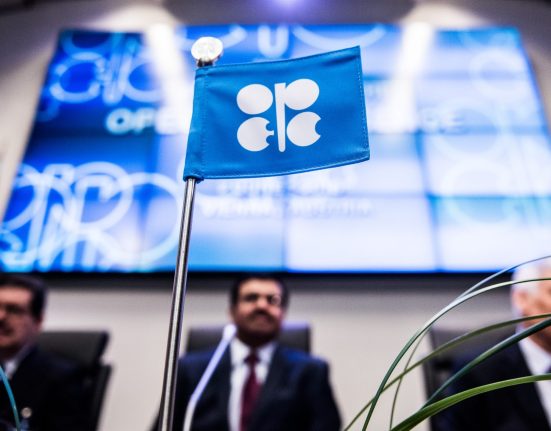Angola’s Mineral Resources Minister Diamantino Azevedo, has offered more explanation about the country’s decision to quit the Organization of Petroleum Exporting Countries, OPEC.
He said the country is currently working on investments that will stabilize the country’s production above 1 million barrels a day, MMbpd, and the OPEC’s quota limitation will hinder the country’s plan.
The country’s December exit from OPEC came after the group imposed a much lower production limit. Angola is currently making efforts to boost investment after many years of underinvestment and production decline. Hence, the limitation by the group is too much for the country
“This organization no longer aligns with Angola’s values and interests,” Mineral Resources Minister Diamantino Azevedo said in a speech in Luanda on Wednesday. After the imposition against the country’s wishes of “production quotas challenging our actual capabilities and needs, we made the formal decision to withdraw our country.”
The country went below 1 MMbpd for a short while last year down from more than 1.8 MMbpd a decade earlier, according to data compiled by Bloomberg. Its national petroleum agency has launched investor roadshows and offered a series of licensing rounds to auction off blocks.
The minister said that his ministry is committed to ensuring investments that will maintain production above 1 MMbpd.
“If Angola’s investment plans materialize and financing is assured, the country’s departure from OPEC will leave it in better stead,” he said. “The government desperately needs higher oil revenues to resolve fiscal pressures and buffer its depreciating local currency.” Said Robert Besseling, chief executive of Pangea-Risk, an advisory firm focusing on analysis of African economies.
Signs of Angola’s exit from OPEC began to manifest in June when its officials suddenly left a meeting in Vienna after African countries were put under pressure to reduce their quotas.









